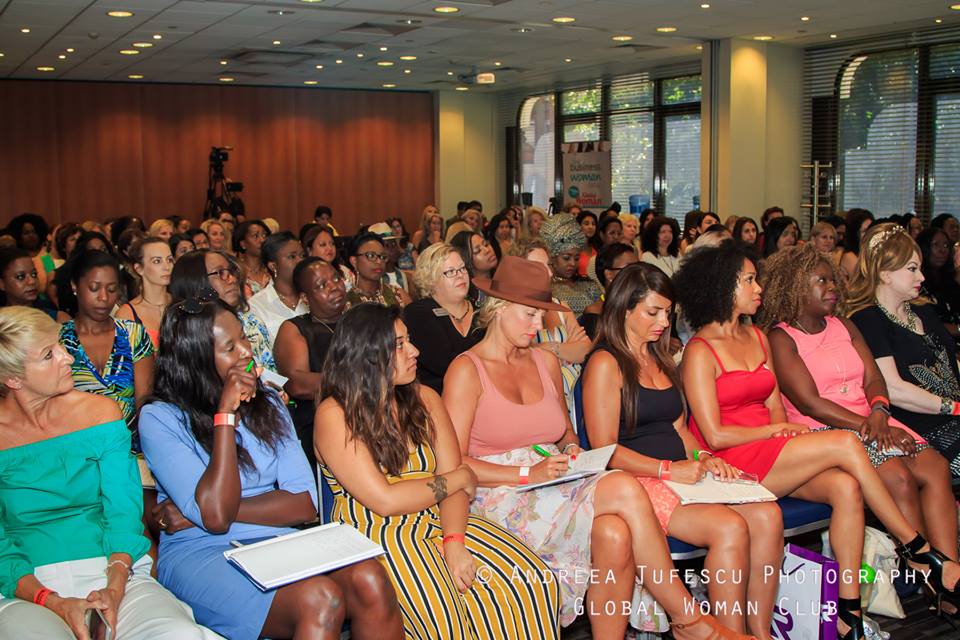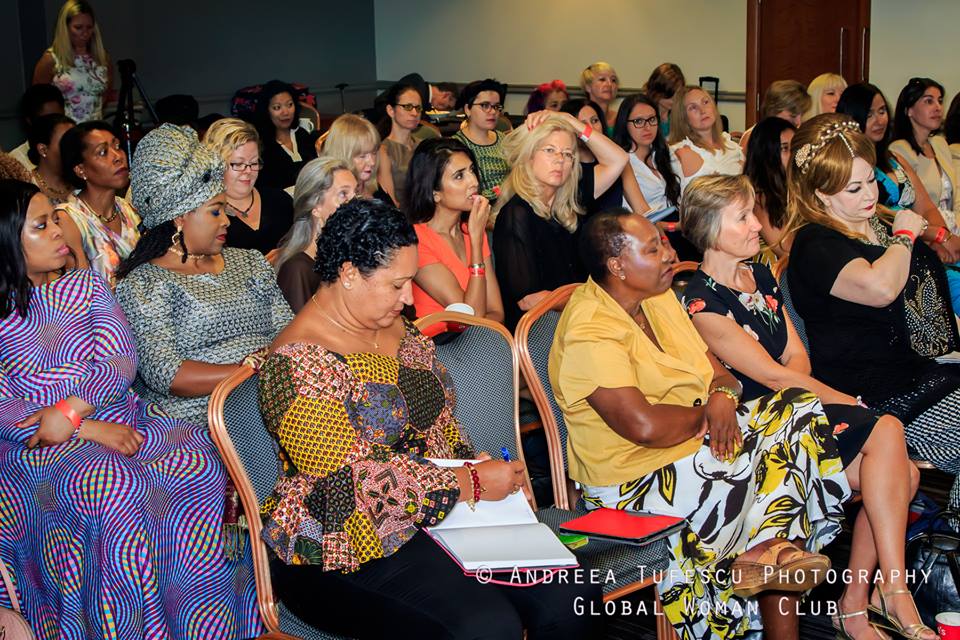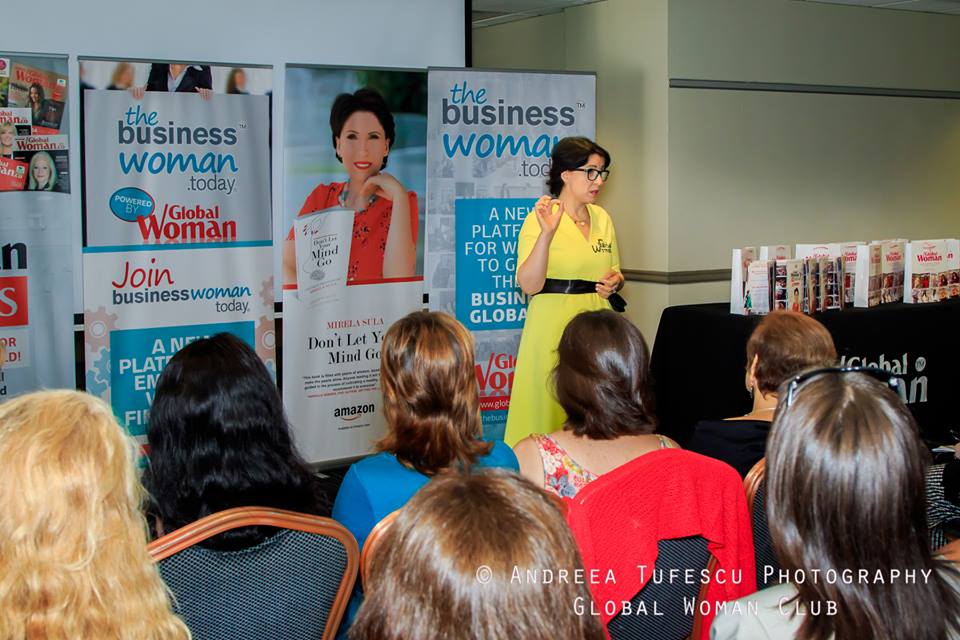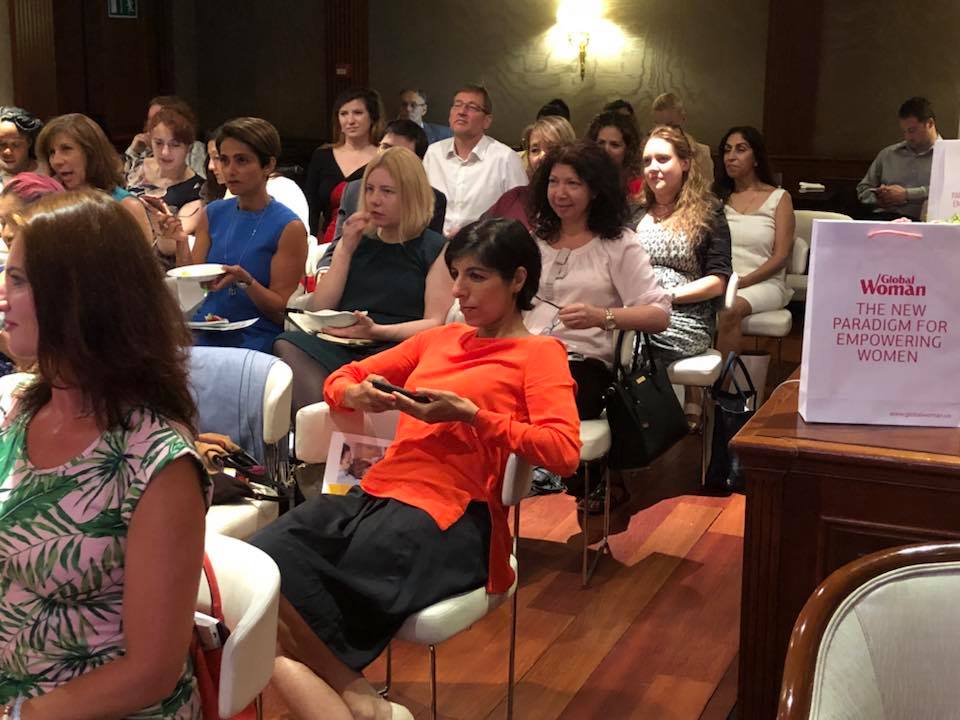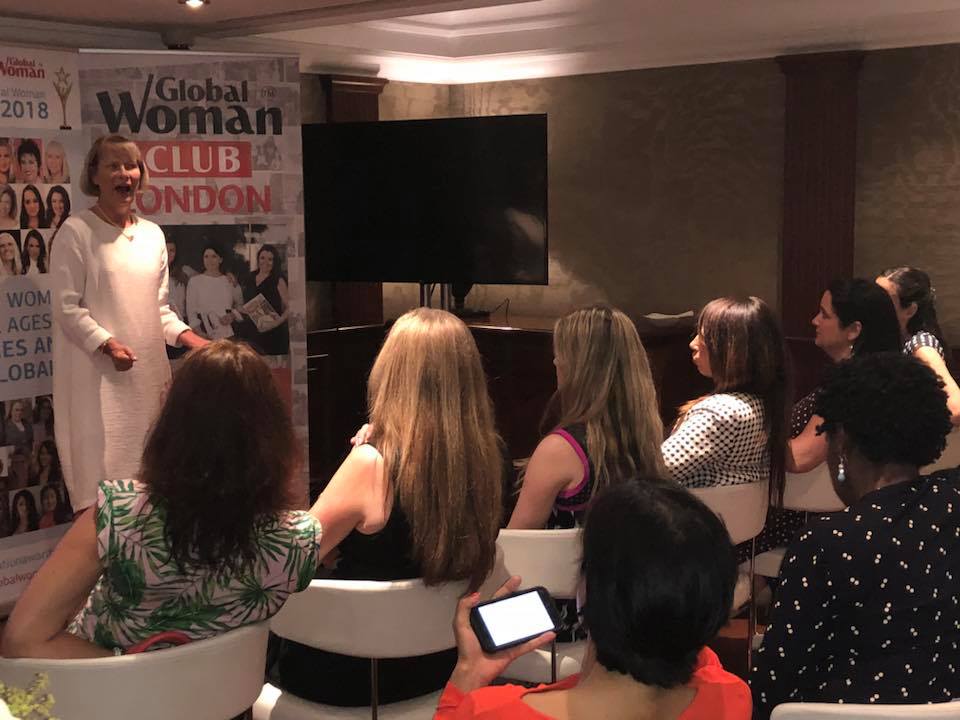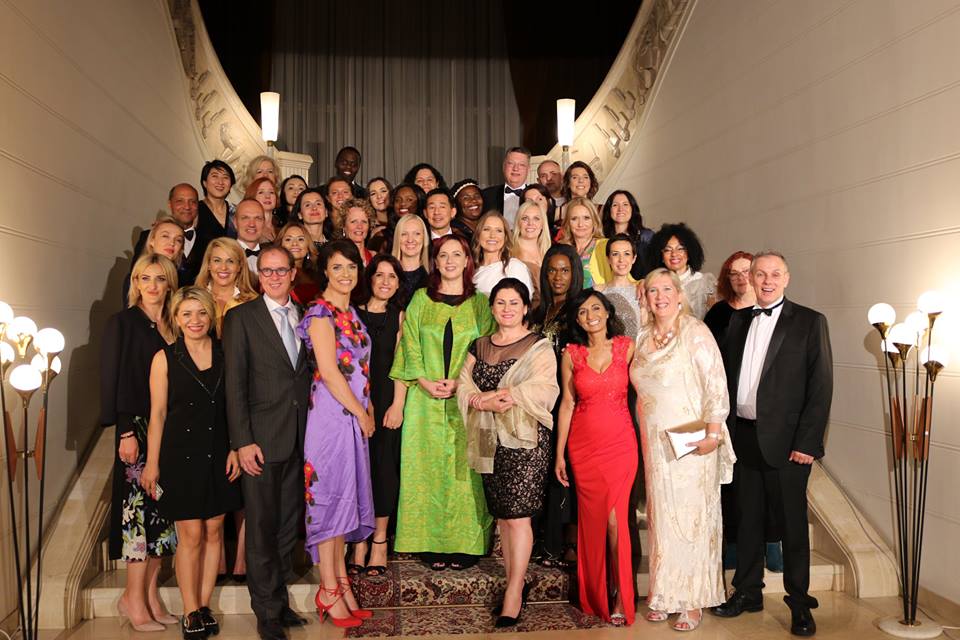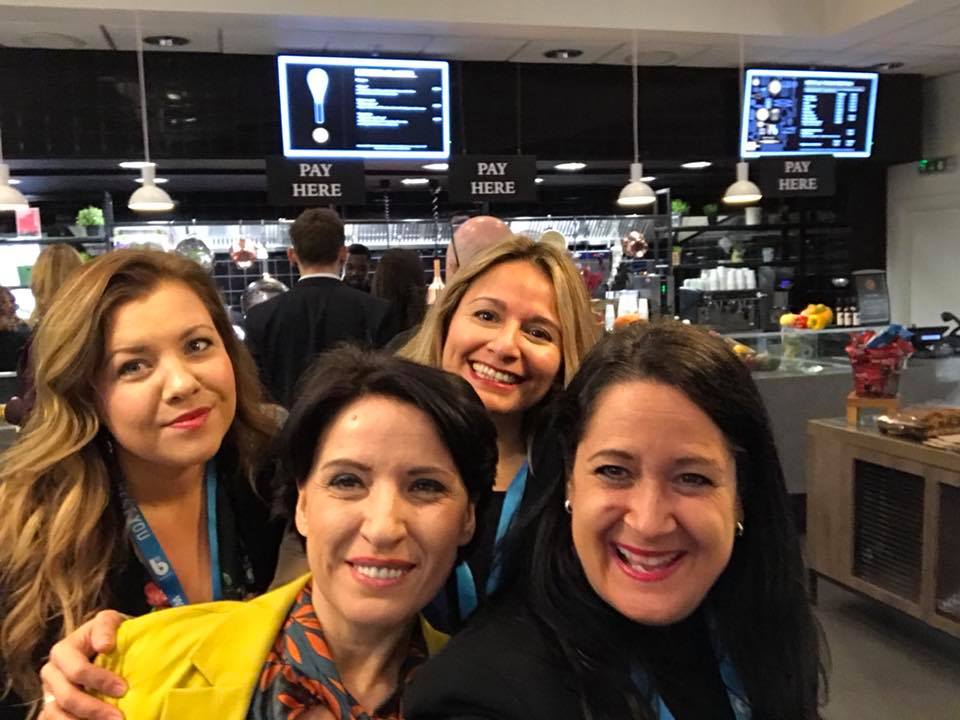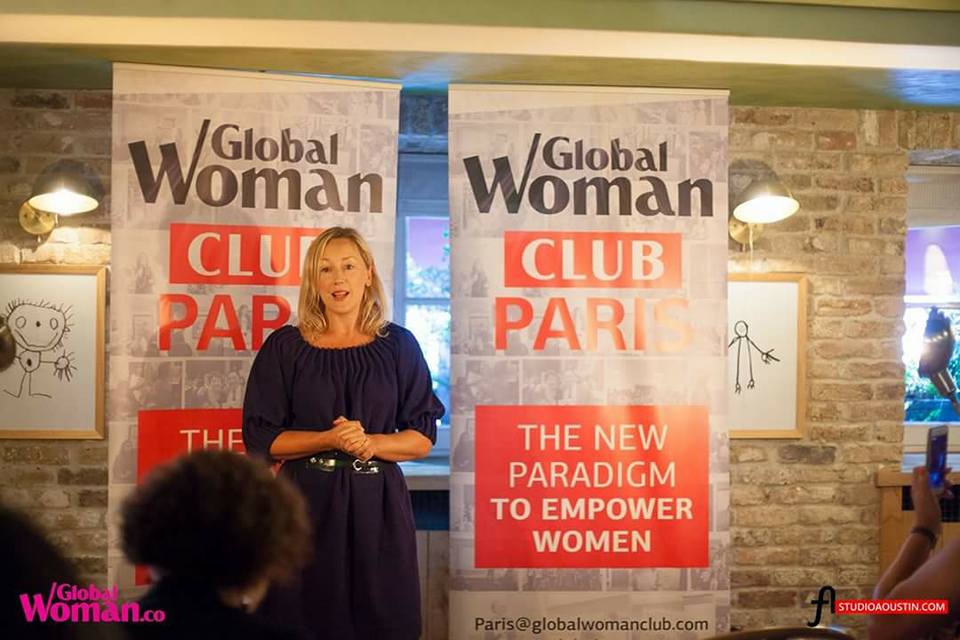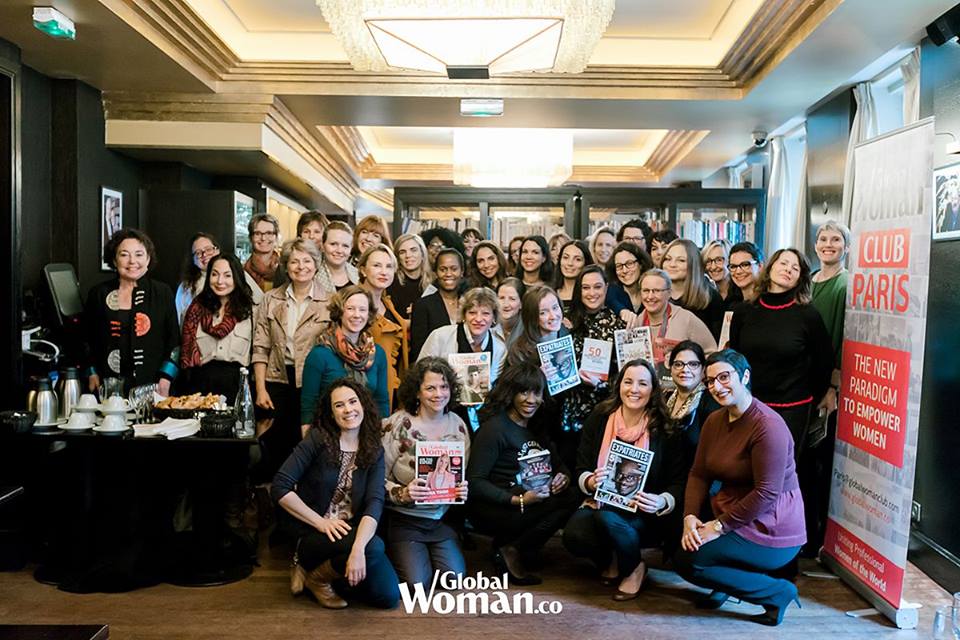Over the past few weeks I’ve been thinking a lot about happiness.
What makes us feel happy? How do we define what happiness means? How does the perception of our happiness influence our career choices, job and our personal life? We are all different and as you would expect happiness can mean different things to different people.
The question is, can you define it to one area of your life? Probably not. Interestingly, reflecting back to when I was at school I never asked myself the question of “what will I choose to do with my life?” I thought about my career but it probably stops there. I’ve certainly had points in my life when I’ve reflected about what I have achieved, and my perceived levels of happiness.
I’m also a firm believer of having no regrets, we all make mistakes, for me as long as I learn from them and try to uncover how they happened, then that prevents me making the same mistake twice.
Happiness and work
Many neuroscientists and psychologists define that happiness is made up of a number of elements:
- Living a meaningful life
- Utilising your gifts and time
- Living with thought and purpose
- Making strong personal relationships
- Willingness to stretch and grow
- Performing acts of kindness
- Action towards goals
- Being in the present
So does money bring you happiness?
To a certain point. Money can and for many people the level of earnings they receive from work is extremely important to them, and for some defines success and status.
To some extent we have to balance the finances in order to maintain lifestyles which can impact on our perceived levels of happiness when faced with hard times. Happiness can impact work too, particularly our performance and relationships with others which impacts on customer service levels. We spend around a third of our life at work so it’s important to consider what makes us happy whilst we do it.
Perhaps ask yourself – would you do your job if you didn’t get paid? Thinking in the present Have you ever thought to yourself whilst in a meeting, “I must check my emails after this” or “right I need to make sure that I leave this meeting on time to…..”
How much time do you spend clockwatching, thinking about what you haven’t done, what you need to do next, moving from one task to the next. Before you know it the days gone by and you’re planning your next.
Mindfulness meditation is a great tool to regain balance, to think and live in the moment.
It helps connect our bodies with our minds which drive our emotions and behaviours. Thinking in the moment is a great way of understanding our thoughts and feelings and helps to see present moments clearly. This can positively change the way we see ourselves and in turn our happiness. So when you have your next tea or coffee, pause and think; “If you only had one week left to live, what would you be doing?
If your answer is “what I’m doing now” then bingo, happiness has found you. So what’s your story? If you could turn back time, what would you choose to do with your life? What’s hindering your happiness? Pause, think and live in the moment.
Recommend0 recommendationsPublished in Health & Wellbeing, Resources Library, Staff & HR





















